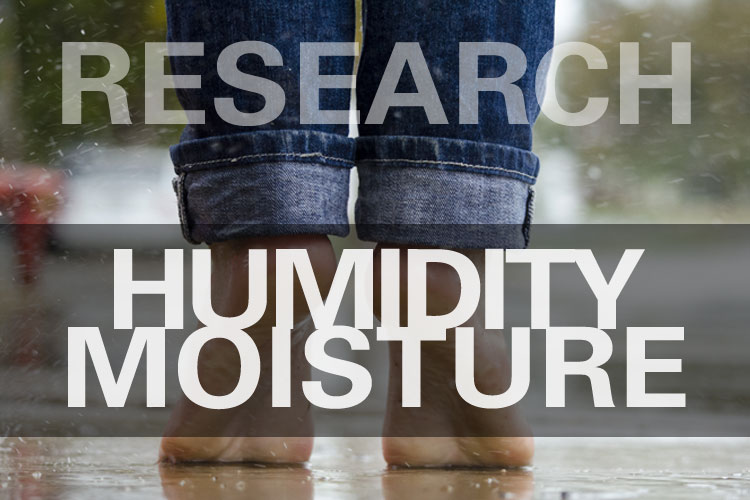As architects and homeowners look for innovative ways to help reduce their carbon footprint in the campaign against climate change, straw bale could become a new tool in the building industry‘s armory. In order to bring this form of building into the mainstream sector, as well as benefit from its inherent low carbon and high insulation characteristics, it is necessary to guarantee the long-term durability of the straw. Sources of data included extensive literature search of relevant English language articles and the results of a literature search of Elsevier Science Direct, ISI Web of Knowledge, ProQuest Central, Scopus, and Google.
This study strives to make an exhaustive review of straw bale performance in different climates and respective improvements from an energy efficiency perspective. This research revealed that when straw bale buildings are constructed using the correct and specific technique, moisture and thermal intrusion did not seem to be detrimental to the health of the building regardless of the climate. Furthermore, building with straw can lead to low thermal transfer, relatively high thermal inertia and high moisture regulation capacity.
The study concluded that, at a time when the importance of building sustainably is widely accepted, it would seem imperative that the potential of building systems like this that use renewable resources, are readily available and have low embodied energy, is further studied.
Authors: EzenniaIkenna, Stephen; Alibaba, Halil Zafer
LINK to PDF



